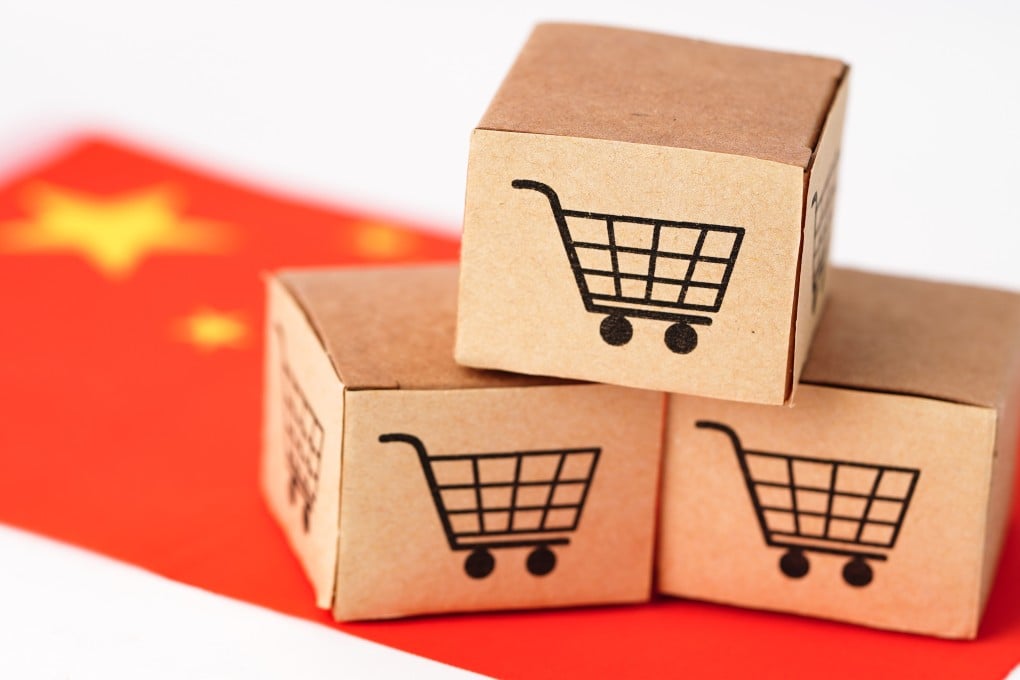Advertisement
My Take | Beijing’s ‘anti-involution’ stance to tame e-commerce sector’s unsustainable price wars
Major online retail platforms are expected to make changes on algorithms, policies and charges that have fanned excessive competition
Reading Time:3 minutes
Why you can trust SCMP
1

A statement released at China’s summer Politburo meeting in July included an unusual line about unhealthy competition and “anti-involution”. The word involution, which has been widely used since 2020, describes shrinking opportunities in a highly competitive society.
While no specific sector was referenced in the use of that line, it would be relevant in various industries – including electric vehicles to solar panels – where competition is vicious. The official Economic Daily subsequently published an opinion piece in August, which indicated it was an admonition to China’s e-commerce platforms to steer clear of price wars.
The onus is apparently on the nation’s major online retail platforms to make changes because existing algorithms, policies and charges have fanned excessive competition on the mainland.
In retrospect, the 28.5 per cent share price plunge on August 26 that wiped US$55 billion off the valuation of PDD Holdings, operator of budget shopping apps Pinduoduo and Temu, not only reflected what analysts described as “shaken investor confidence”, but also the growing dislike by China’s leadership of involution.
Since last year, brutal price wars in the domestic e-commerce sector have primarily involved the biggest platforms, including Pinduoduo, JD.com and Alibaba Group Holding’s Taobao and Tmall. Alibaba owns the South China Morning Post.

At a conference call last week, PDD executives made it clear that they see continuous challenges in the market environment. While the company is sitting on a stockpile of cash, it will not use the money to buy back shares or pay dividends to shareholders. Instead, PDD said it plans to save cash for other priorities, such as providing subsidies to merchants.
Advertisement
Select Voice
Choose your listening speed
Get through articles 2-3x faster
1.1x
220 WPM
Slow
Normal
Fast
1.1x
